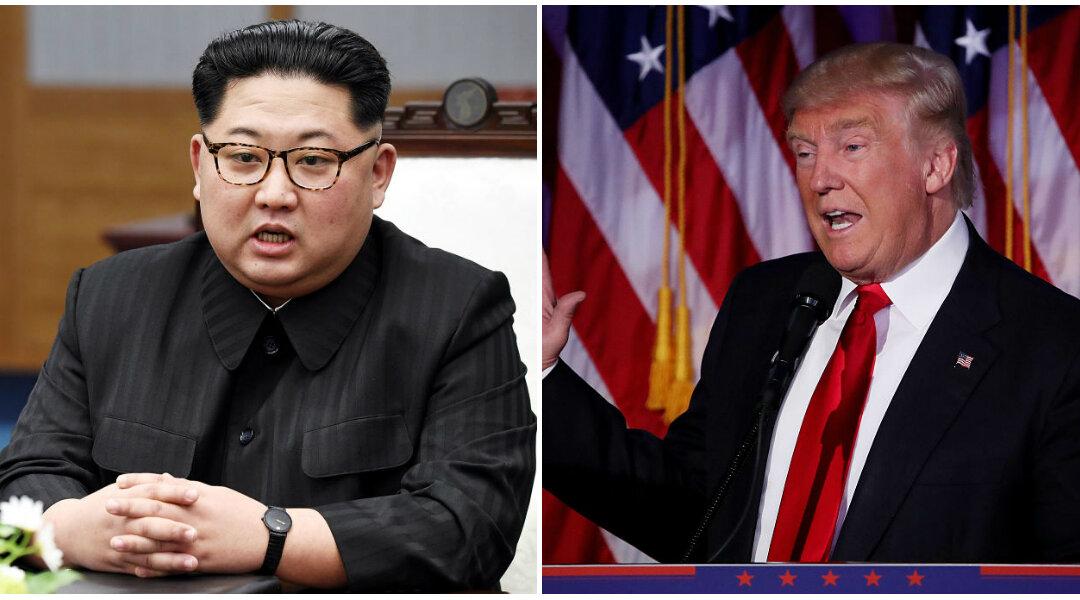With less than a month before the historic summit between U.S. President Donald Trump and North Korean leader Kim Jong Un in Singapore on June 12, negotiations are underway to decide how the North Korean regime will dismantle its nuclear arsenal.
Meanwhile, the Chinese regime—North Korea’s communist ally—has been eager to exert itself into U.S.-North Korea talks.





